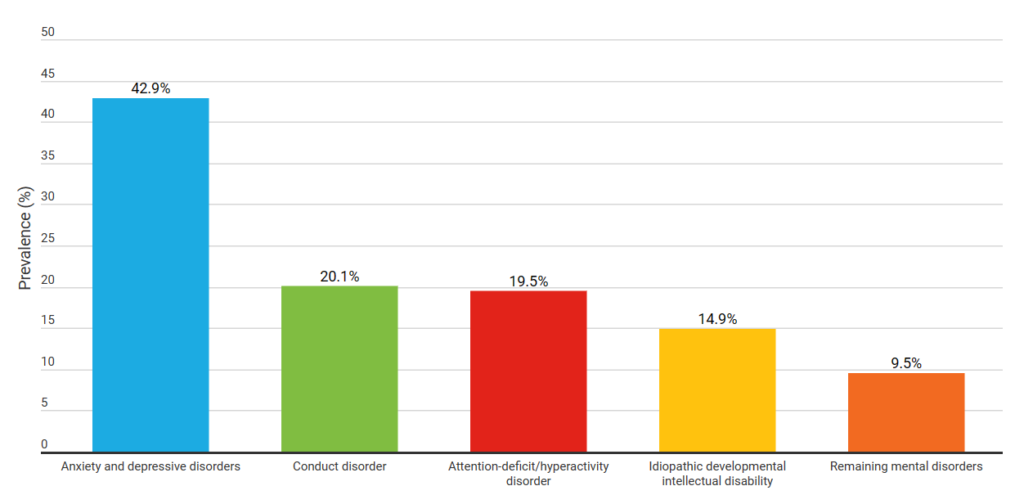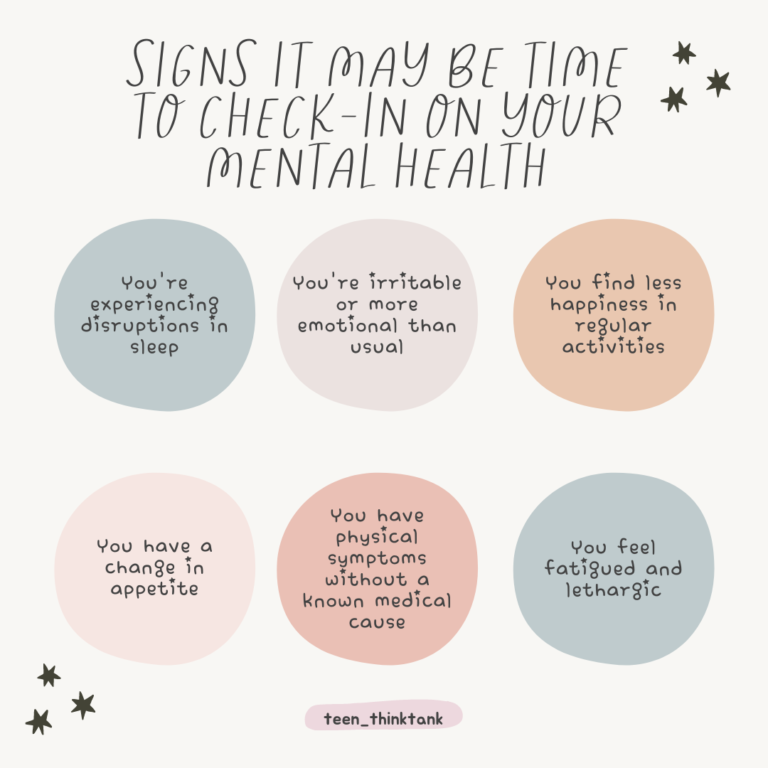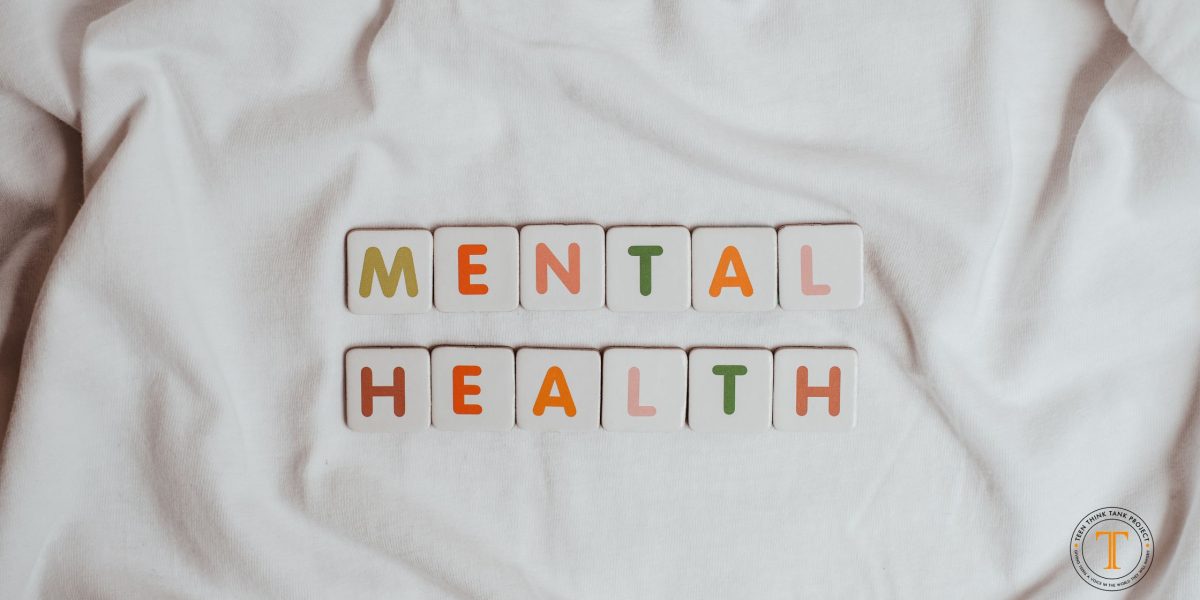May is Mental Health Awareness Month. Although we should be aware of our mental health every day, May is an opportune time to take stock, identify helpful resources, and help break down the stigmas that create barriers to getting treatment.
History of Mental Health Awareness Month
Mental Health Awareness Month has been observed nationally since 1949. Mental Health America founded the month in order to bring awareness to mental health and mental illness and reduce the stigma.
Mental Health and Teens
Mental health awareness for teens is especially important. According to the World Health Organization, 13% of teens ages 10-19 globally experience a mental health disorder, with anxiety being the most prevalent. (Source: Mental health of adolescents (who.int))
Failing to address mental health disorders in teens can have adverse effects on their short- and long-term development and impact adulthood. Teens dealing with mental health disorders may lack sleep and have impaired cognition which impacts their ability to learn in school. Mental health disorders may also lead to adverse behaviors like drug use and risky sexual behaviors that put teens at risk for HIV and other STIs. Most alarming is that suicide is the 4th leading cause of death among 15–29-year-olds (Source: Mental health of adolescents (who.int)).
Prevalence of anxiety, depression, and other mental disorders among adolescent boys and girls ages 10-19, 2019

Historically, discussing mental health disorders has been taboo. As a result, many people suffer in silence and do not seek treatment. For those willing to seek help, accessing care, especially in underserved communities, proves to be a challenge.
Fortunately, mental health is emerging in mainstream conversation and is top of mind for today’s teens. Celebrities have used their platforms to share personal struggles with mental health and online therapy and apps are making treatment more accessible.
Teen Think Tank Project alum, Jared C., joined co-founder Matthew DeSantis on Here’s the Problem podcast to discuss the stigma surrounding mental illness and changing the landscape surrounding mental health.
Minding Your Mental Health
As we confront stress and stressful situations, it is important to be aware of how we are recognizing the need to care for our mental health.

If any of these signs sound familiar it may be time to take care of your mental health. You may need to activate some self-care activities. Or, you may need to call upon resources that offer further help, such as your human resources department or school counselor, medical professionals, and therapy websites. If you are having suicidal thoughts, call 911 or 988 (Suicide and Crisis Lifetime) immediately.
What Can You do for Mental Health Awareness Month?
Take part in Mental Health Awareness Month with one or more ways!
- Take time to connect with friends and family.
- Explore mental health resources such as Psychology Today, Substance Abuse and Mental Health Services Administration, and the National Institute of Mental Health.
- Get moving! Whether it’s a walk outside, time at the yoga studio, or a virtual gym class, step away from electronics to get the blood flowing and clear your head.
- Bonus idea! Consider volunteering with or supporting an organization that helps people with their mental health. The National Alliance on Mental Illness (NAMI), The Trevor Project, and American Foundation for Suicide Prevention are just a few, well-known organizations.
Kelly Nagle is a two-time international best-selling author, consultant, adjunct professor, and political scientist. She’s passionate about creating a better world by empowering others to learn the skills that will make them effective leaders and productive global citizens. Kelly is the co-founder of the Teen Think Tank Project and host of Here’s the Problem podcast.




